Wine as a lifestyle on peninsula Pelješac
Pelješac wines have positioned the entire Pelješac peninsula at the very top of the oenological scene of the world. The main star of this largest vineyard in the Croatian south is Plavac mali, a variety that has been planted in almost 90 percent of Pelješac's vineyards. Although the wine cellars are scattered throughout the rural part of Pelješac, you will experience one of the most beautiful Pelješac oenological stories in the wider area of Ston.
The Ponikve vineyard is an excellent example of the attractive traditional way of raising vineyards with terraces and dry walls of the most common variety, the famous plavac mali. In 2021, the Ponikve vineyard was entered into the European register of protected designations of origin. The aim of this register is to mark the product and highlight the name of the Ponikve locality in accordance with EU regulations for easier recognition of the particularities of all the features of this wine-growing locality. In the village of Putniković, surrounded by vineyards that rise above the most beautiful Adriatic beaches, see the first Croatian museum of viticulture and winemaking and the House of wine traditions.
In settlement of Putniković, surrounded by vineyards that rise above the most beautiful Adriatic beaches, visit the first Croatian museum of viticulture and enology and the House of wine tradition. Taste top-quality wine drops, discover the secret of the success of Pelješac wines, get the one that delights you the most, and find out how wine on Pelješac has become a way of life.
The position of the Pelješac peninsula and its pleasant Mediterranean climate have conditioned the long tradition of viticulture and olive growing. Growing and nurturing vines is a hundred-year-old tradition of Pelješac winegrowers. Top selection of terrain, all-day sunlight, wines from this area gives exceptional quality. The results of all this are the top quality of carefully preserved and nurtured wines.
An unavoidable experience that you must not miss is a visit to local wineries where you can taste top Pelješac wines and learn something about the centuries-old tradition and love of Pelješac locals for the vine.
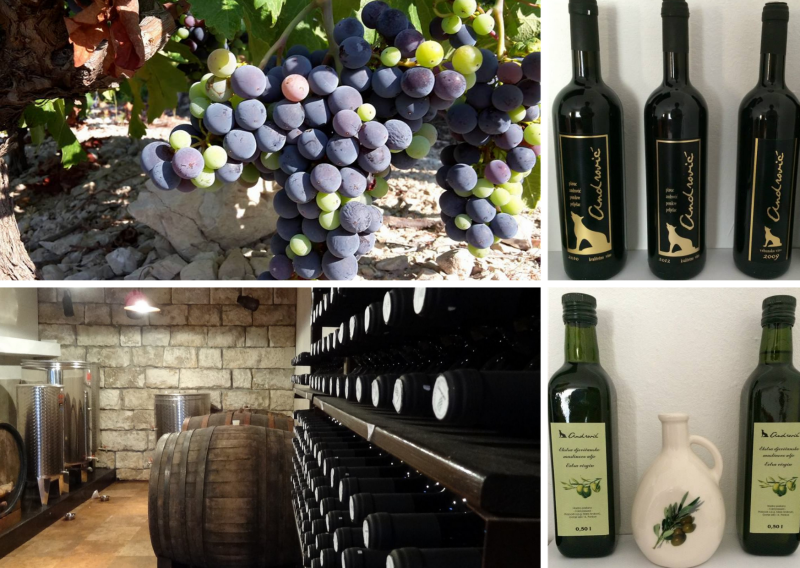 Winery Andrović
Winery Andrović
Ponikve
tel:+385 (0)95 901 4773
e-mail: androvicmario@gmail.com
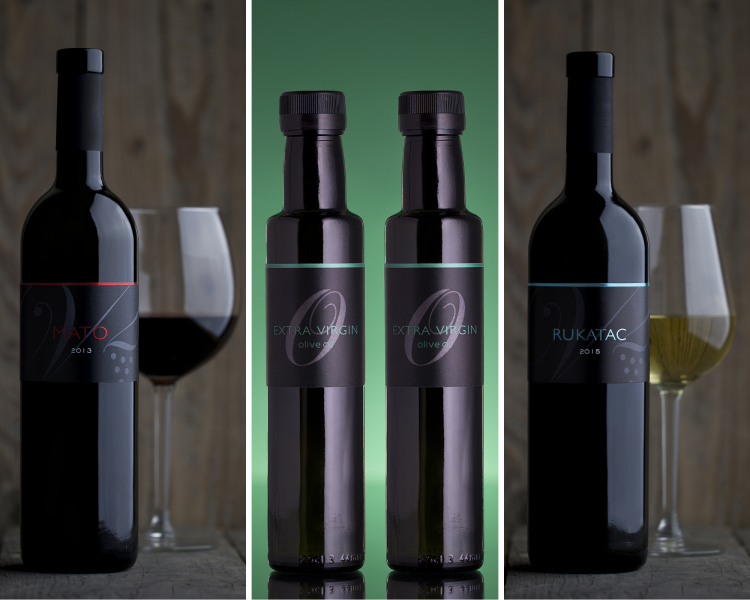 Winery Vukas
Winery Vukas
Ponikve
tel:+385 (0)98 203 012
e-mail: vinavukas@gmail.com
Winery Miloš
Ponikve
tel:+385 (0)98 1565254
e-mail: info@milos.hr
Winery Stoviš
Ston
tel:+385 (0)20 754 008
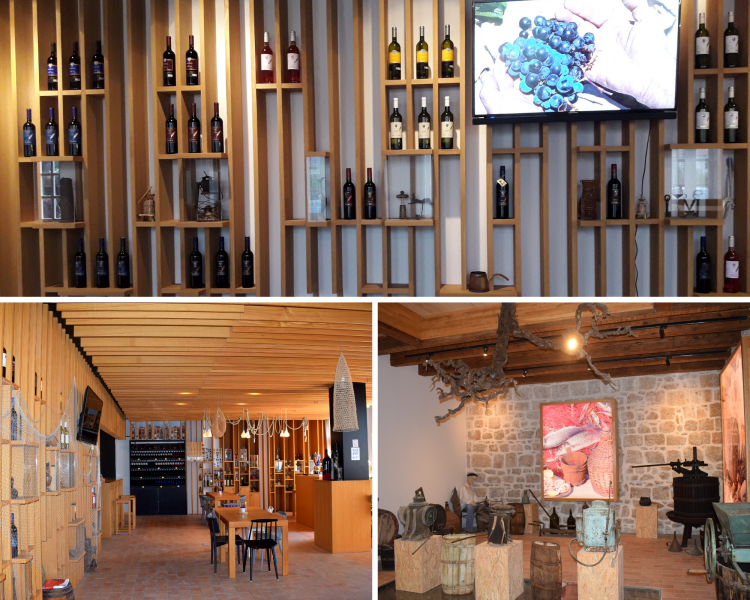
Winery PZ Putniković
tel:+385 (0)20 756 201
e-mail: putnikovici.pz@gmail.com
Winery Rozić
Ston
tel:+385 (0)20 754 637
e-mail: vinarijamili@net.hr
.jpg) Winery Ćurlin
Winery Ćurlin
Ponikve
tel: +385 (0)98 756 207
e-mail: acurlin.85@gmail.com
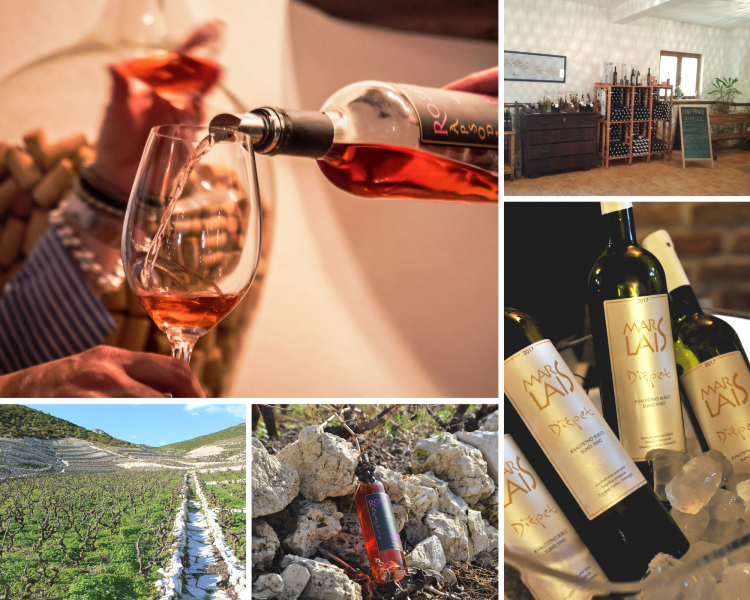
Winery Marlais
Ponikve
tel: +385 (0)98 936 1906
e-mail: marlais.ante@gmail.com
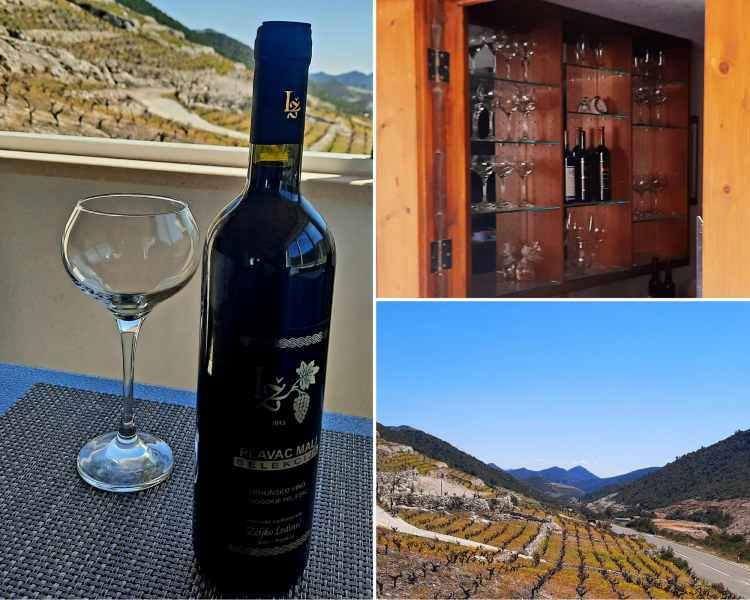
Winery Ž. Ledinić
Ponikve
tel: +385 (0)99 978 6252
e-mail: zledinic@gmail.com
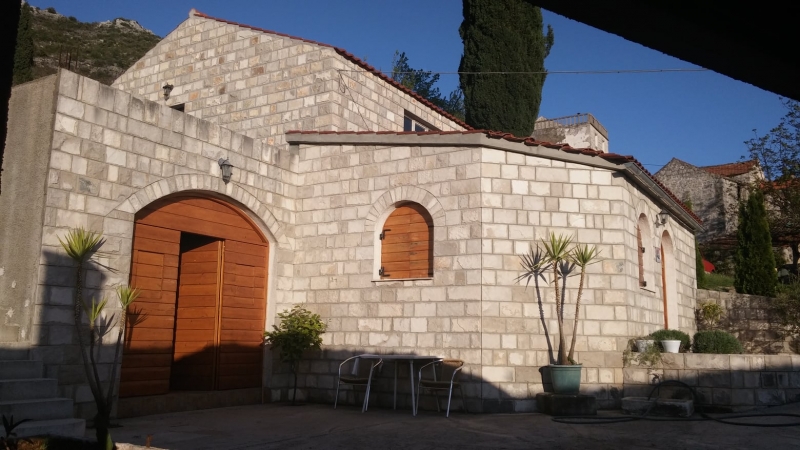 Winery Miše Ledinić
Winery Miše Ledinić
Ponikve i OPG Natura Ston
tel: +385 (0)91 522 6086
e-mail: vinaledinic@gmail.com
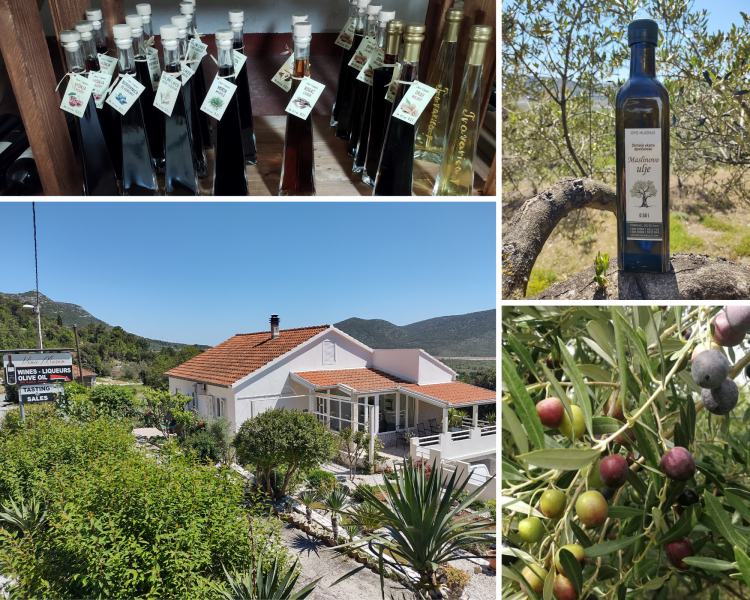 Winery Marin
Winery Marin
Ponikve
tel: +385 (0)98 9932843
e-mail: striko991@gmail.com
Pelješac, known as the wine empire, and as a supplement to the concept of rural development in 2019 opened the First Croatian Museum of Viticulture and Enology in Putniković, which you can visit throughout the year and learn all about the tradition of growing vines and long-term love of Peljesac locals to wines.
The first Croatian museum of viticulture and winemaking within PZ Putniković covers more than 800 square meters and consists of three collections - the House of Wine Tradition, the Historical Development of the Vine in this area and Wines in the Tradition of Living. Among other things, visitors will discover what role wine played in rural and civic communities, what the labels looked like, who the famous winegrowers and winemakers were, how the land was once cultivated, what tools were used, what customs related to wine .
 Winery Andrović
Winery Andrović Winery Vukas
Winery Vukas
.jpg) Winery Ćurlin
Winery Ćurlin
 Winery Marin
Winery Marin

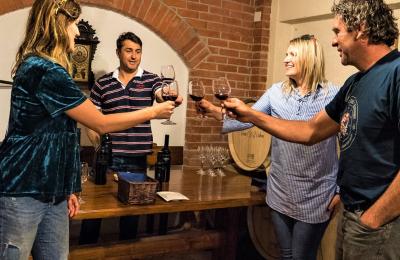
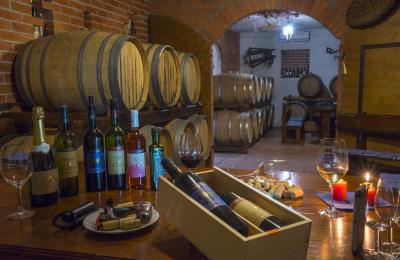
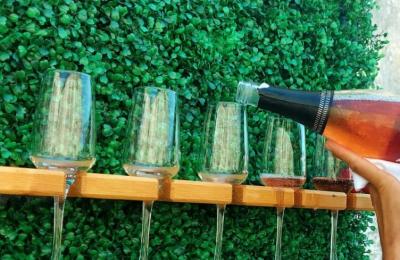
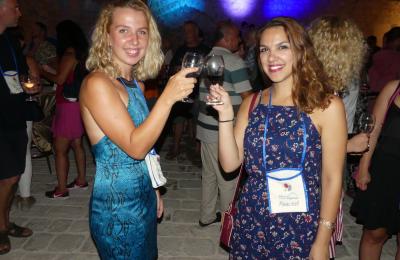
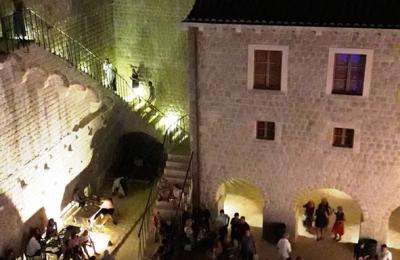
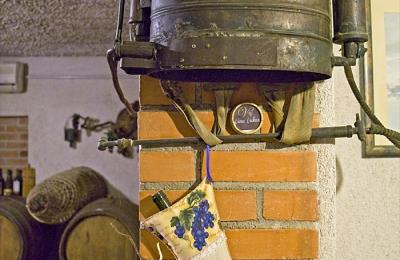
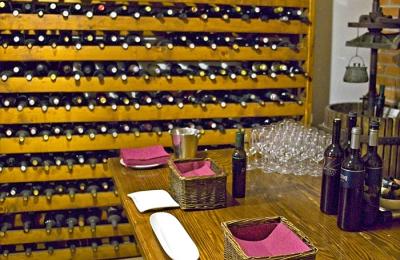
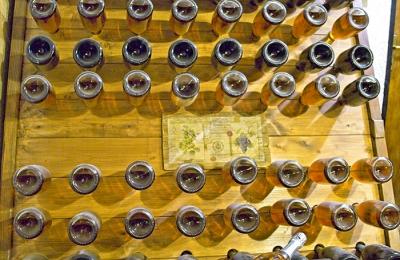
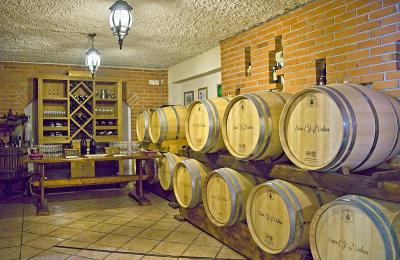
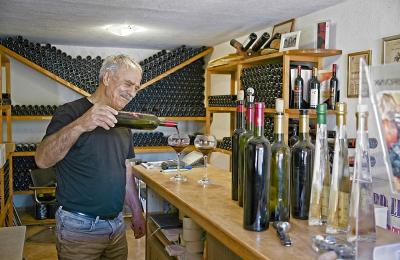
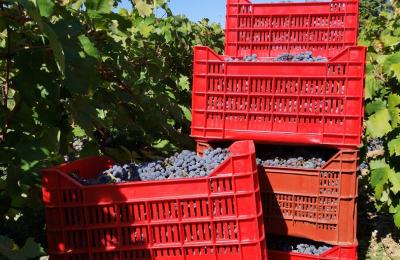
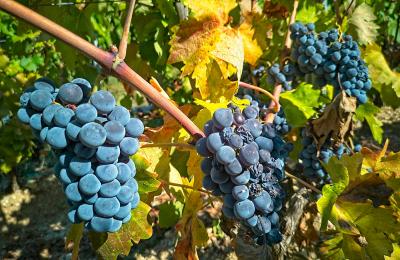
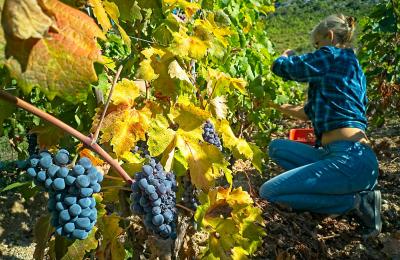
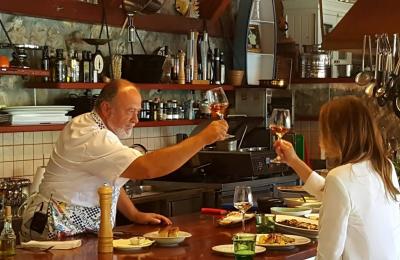
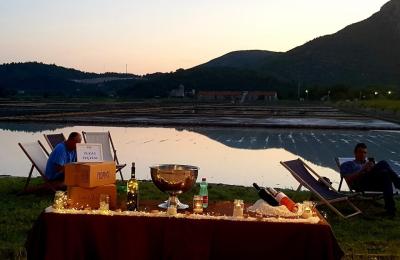
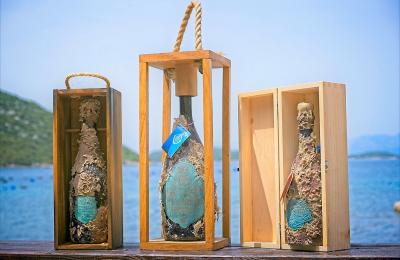
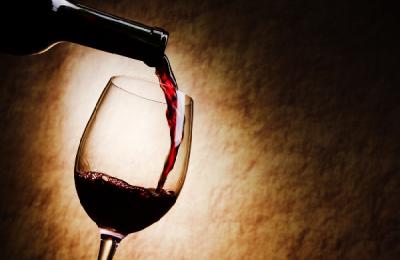
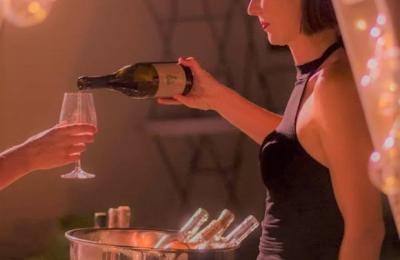
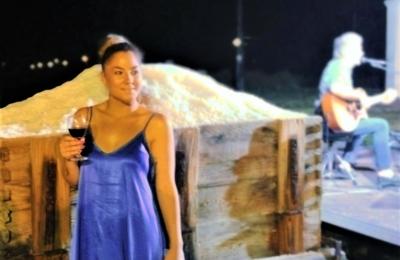
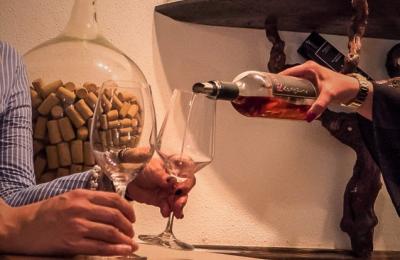
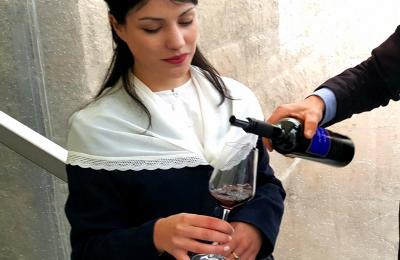
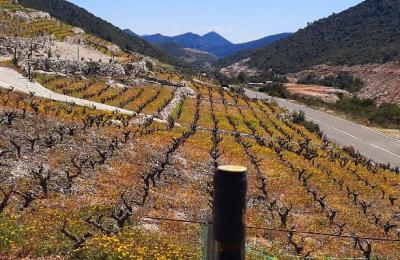
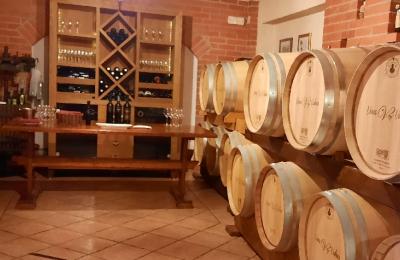
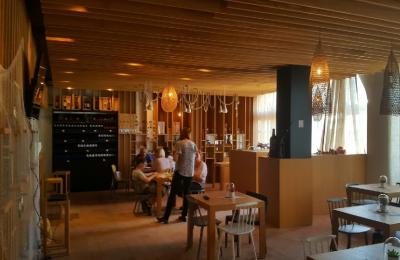
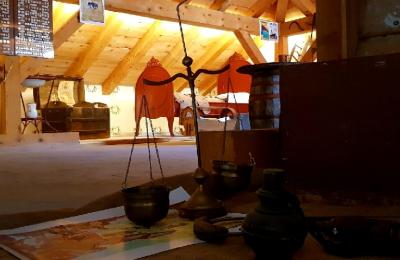
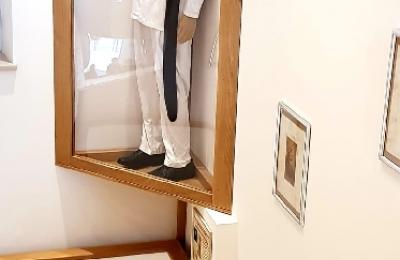
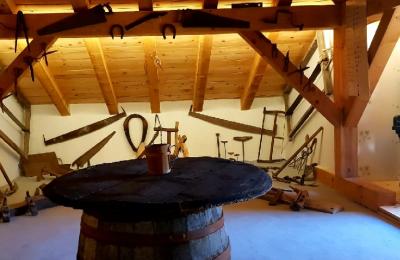
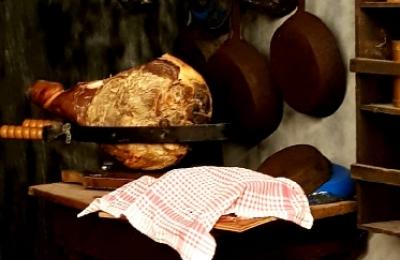
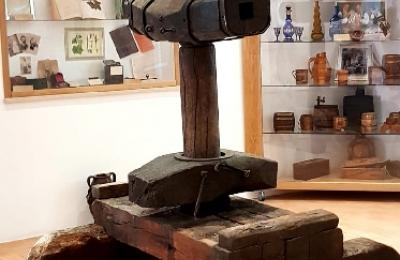
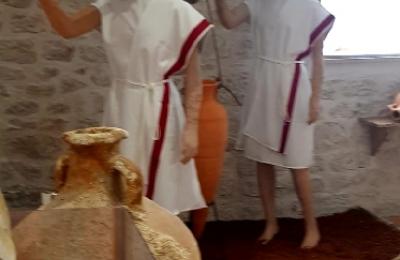
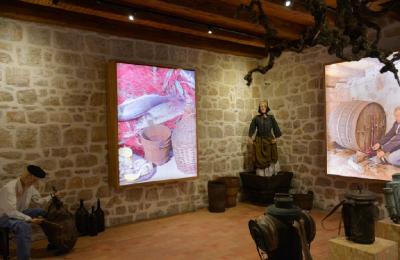
 Turistička zajednica općine Ston
Turistička zajednica općine Ston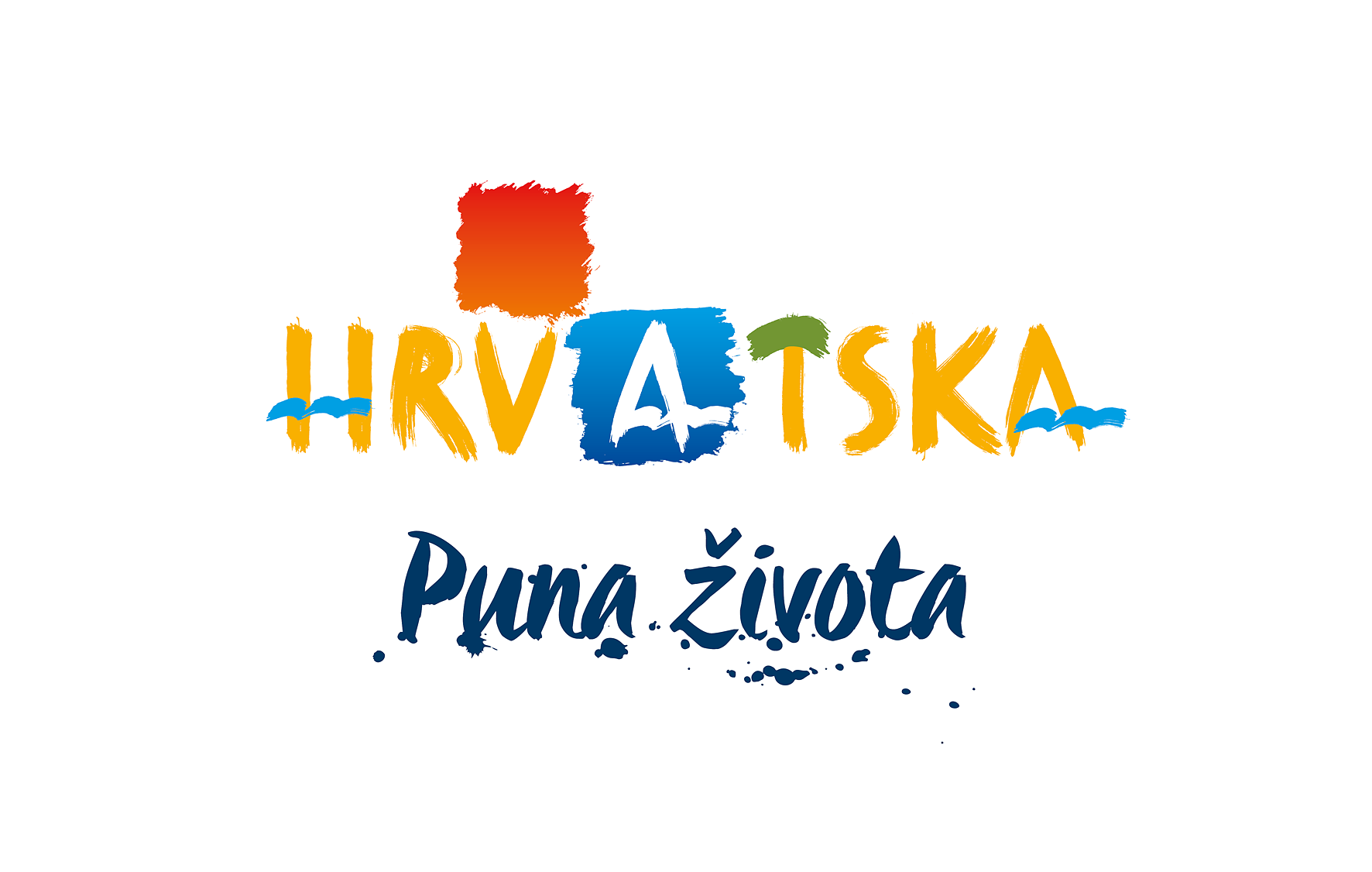

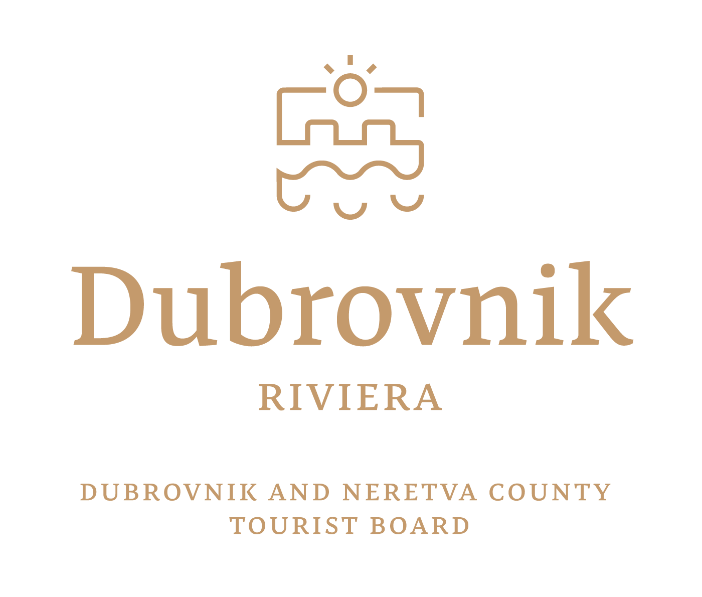
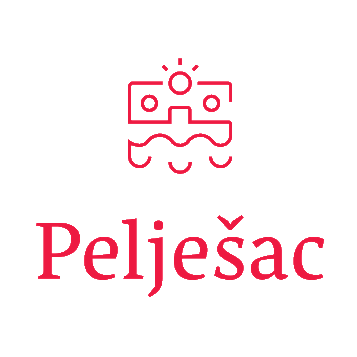




 Povećaj font
Povećaj font Smanji font
Smanji font Crno bijelo
Crno bijelo Visoki kontrast
Visoki kontrast Negativni kontrast
Negativni kontrast Svjetla pozadina
Svjetla pozadina Podcrtane poveznice
Podcrtane poveznice